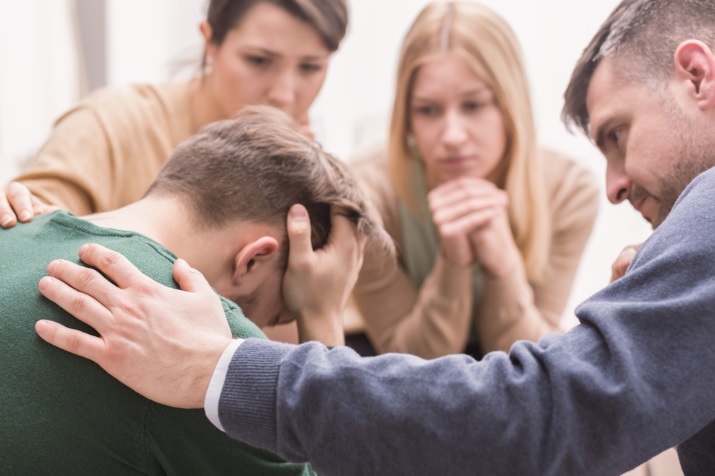Lucas 1:79
“Para iluminar aos que estão assentados em trevas e na sombra da morte; A fim de dirigir os nossos pés pelo caminho da paz.”
Após crer em Cristo já temos a salvação como diz em João 5:24 “Na verdade, na verdade vos digo que quem ouve a minha palavra, e crê naquele que me enviou, tem a vida eterna, e não entrará em condenação, mas passou da morte para a vida.”. A partir daí inicia-se uma mudança em nossas vidas.
Ao contrário do que muitos pensam não precisamos “forçar” esta mudança, isto é algo natural que acontece no ser humano após crer em Cristo e virar habitação do Espírito Santo de Deus.
Nos tornamos filhos de Deus e, como filhos, servimos de exemplo, somos luz em meio as trevas e as coisas que fazíamos antes passamos a evitar agora. Quando o filho é irresponsável ele sofre repreensão de Deus. Veja o que diz em Hebreus 12:6 e 7 “Porque o Senhor corrige o que ama, E açoita a qualquer que recebe por filho. Se suportais a correção, Deus vos trata como filhos; porque, que filho há a quem o pai não corrija?”.
